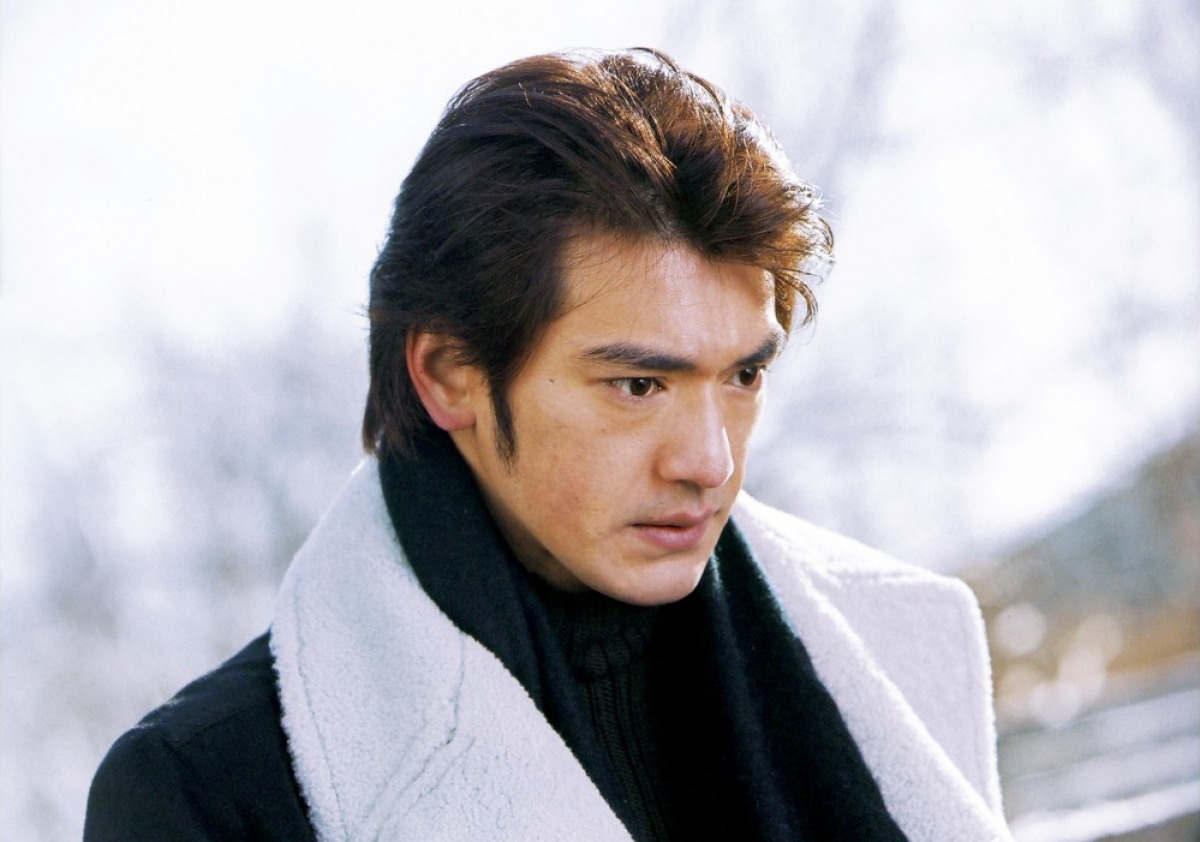Hong Kong Film Basics (1999)
Why are they all subtitled?
Hong Kong films are made in Cantonese by an industry whose primary audience is in Hong Kong, the rest of Asia second. The fact that the rest of the world has discovered these films and continues to watch them does not appear to be a factor in their filmmaking. Prior to 1997, all films were required to be subtitled by law and after 1997 they continued to be subtitled by custom. There are three things to keep in mind regarding subtitling: 1. Although there are hundreds of Chinese dialects, there is only one Chinese written language. This is why all films are subtitled in Chinese. 2. At the risk of stereotyping, the popular theory is that these films are not aimed at cinephiles, so dubbing is the norm when they are released in the West. 3. Subtitling in English is not a priority. This explains the many mistakes which occur in subtitles. For those of you primarily interested in action films, this is probably a minor annoyance at best. For those of you interested in the many wonderful dramas and comedies, it could create a serious impediment. Be patient and stick with it. You will be rewarded.
How do you figure out the Chinese names?
By convention, the Chinese list their Last (family) name first and their First (given) name last. Thus, for Chow Yun-Fat, Chow is his last name and he would be addressed as Mr. Chow and not as Mr. Yun or Mr. Fat. Many actors/directors have adopted Western first names such as director Johnnie To and hence he would be addressed as Mr. To. His Chinese name, To Kei-Fung, would be important if you were to conduct an on-line search since information might be listed under his English and/or his Chinese name. Throughout this site we will include both their English and Chinese names (Ex. Johnnie To Kei-Fung).
Chinese first names usually contain two Chinese characters. It has recently come into vogue to hyphenate first names and we have similarly adopted this standard. Most search engines accept the hyphen but some do not. If you need to search for a personality, try all versions.
What’s the difference between Yale and Pinyin?
A complete introduction to the Chinese language is beyond the scope of this section. For the highly-motivated, we recommend Rita Mei-Wah Choy’s Read and Write Chinese and Understanding Chinese, both available at Barnes & Noble and other major book chains. All you need to know in the interim is the following:
What the heck is a VCD?
VCD stands for video compact disk. Most Hong Kong and some Japanese and Korean films are available in this format since it is extremely cheap to manufacture. Each disk can hold approximately 1 hour of play (about 100 Mb) which means most movies in this format come on two disks. They are the same size as music CDs and can be played on a computer (PC with MPEG card or Macs with DVD/CD-ROM drives using QuickTime) or a VCD-compatible DVD player such as the Sony DVP S330. If you are going to purchase a DVD player for the purposes of playing VCDs, check with your electronics dealer and make sure s/he knows what a VCD is. You might consider bringing a sample to try at the store. Overall picture and sound quality differ from manufacturer, title, year, etc. Check your local Hong Kong film forums for tips and advice or write us directly and we’ll do our best to help.
What’s the difference between VCD, DVD and VHS?
While the common format for most Hong Kong films nowadays is the VCD, you can also find titles in DVD and VHS formats. The best picture and sound quality will most likely come from DVDs but these are naturally a bit more expensive. In many cases it is definitely worth it to see/rent (if not to own) a Hong Kong film on DVD. Like VCDs, many films in VHS format are contained in two cassettes particularly those distributed by Tai Seng, the nation
Do I need to read or speak Chinese to enjoy these films?
If at all possible, learn Chinese beforehand. Barring that monumental requirement, grab a friend who speaks Chinese at least for awhile. It’s not wholly necessary but it does help to have someone who understands the language translate what’s really being said versus simply reading a subtitler’s interpretation of written dialogue. Frequently this is the case with older films where the dialogue is literally translated leading to confusion, unintentional comedy/nonsense etc. Sometimes the dialogue isn’t translated at all resulting in a monosyllabic reply such as, “No.” We haven’t quite figured out why this is the case except to go back to Rule #1 which is: Hong Kong films are on the whole primarily made for Hong Kong (Chinese-speaking) citizens.
Although it’s common practice among Hong Kong film fans to compare their favorite nonsense lines, it can be distracting for a newcomer at best and at worst, you’d miss all the innuendos and meaning from a scene. Many times we’ve found subtitling errors that completely change the storyline. This depends on the genre, of course, but this is especially important for the dramas.
Our final word: Be patient, pay attention and you’ll get more out of the films than the subtitles will allow.






















